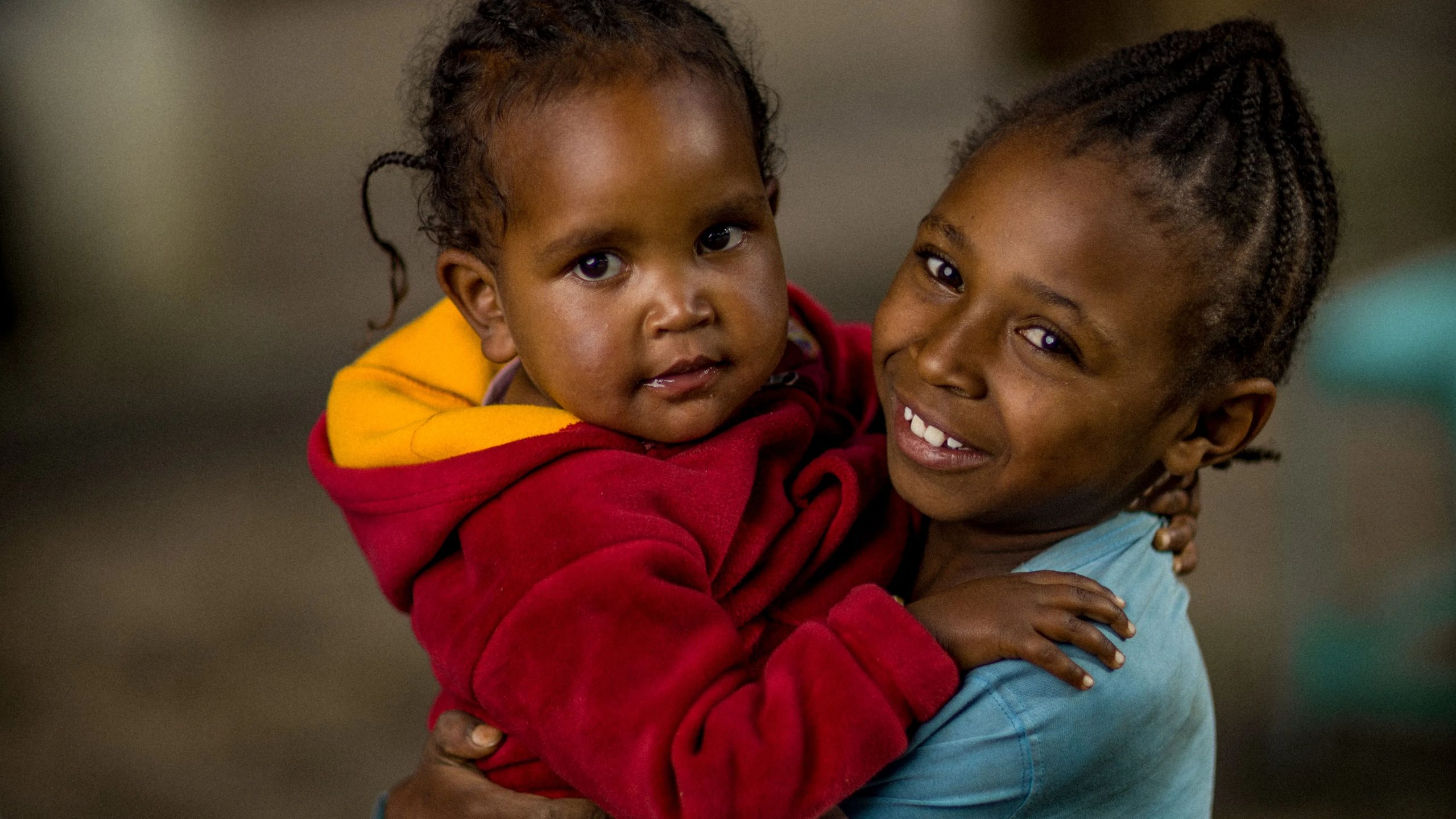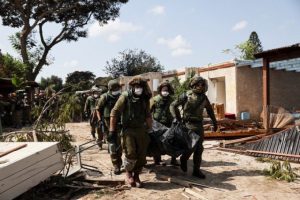The United Nations’ human rights chief said Wednesday that Ethiopia’s year-long war has been defined by “extreme brutality,” as a joint probe into alleged massacres blamed both sides for violations but avoided stating who was to blame.
The inquiry was impeded by intimidation and constraints from authorities, and it failed to visit some of the war’s most devastated sites.
The report, a rare collaboration between the United Nations Human Rights Office and the government-established Ethiopian Human Rights Commission, was released a day before the war’s one-year anniversary and as Africa’s second-most populous country enters a new state of emergency, with rival Tigray forces threatening the capital.
The UN told The Associated Press that the “collaboration was necessary for its team to gain access to a troubled region that Ethiopian authorities have largely prevented journalists, rights groups and other outside observers from entering.”
Thousands of people have been slain in Ethiopia’s Tigray region since Prime Minister Abiy Ahmed‘s government allowed soldiers from neighbouring Eritrea to invade Tigray and join Ethiopian forces in fighting Tigray forces that had long dominated the national government before Abiy assumed office. Since then, ethnic Tigrayans across the country have claimed arbitrary detentions, while Tigray citizens have described gang rapes, hunger, and mass expulsions.
“In western Tigray, it was apparent that the Tigrayans had left most of the areas, as it was difficult to find Tigrayans to interview,” the new report says as per the Associated Press.
The joint investigation covers events up until late June, when Tigray troops reclaimed much of their region, but due to security and other hurdles, the investigation was unable to visit some of the war’s bloodiest sites, including the city of Axum. Among the obstacles, according to the report, was the Ethiopian government’s refusal to hand over satellite phones obtained for the investigation.







